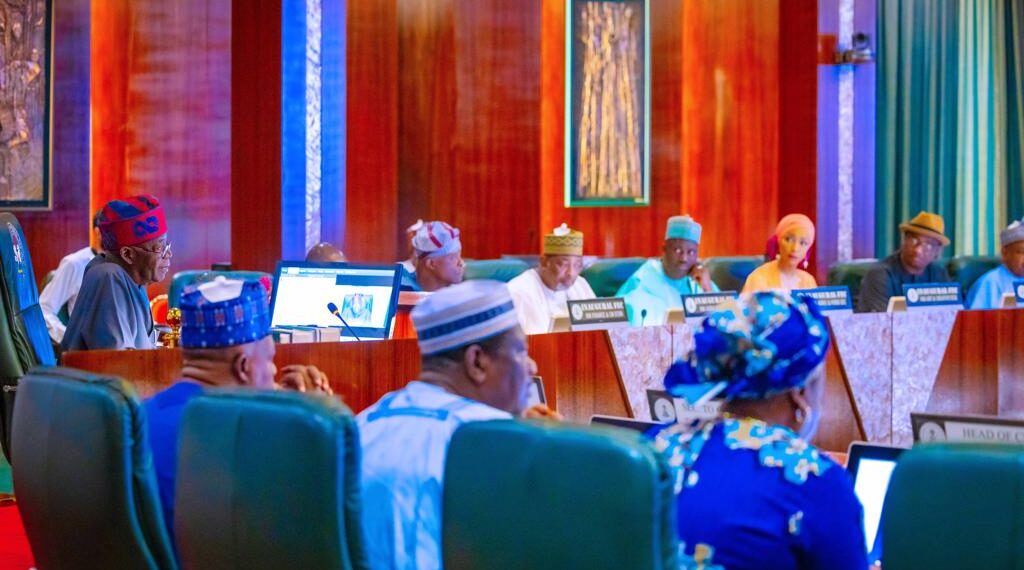The Nigerian government has exempted its tertiary institutions – universities, polytechnics, colleges of education and monotechnics, from the use of the Integrated Personnel Payment System (IPPIS) for the payment of their staff salaries and allowances.
The honorable Minister of Education, Tahir Mamman, a professor, who reportedly addressed the State House correspondents on Wednesday after the Federal Executive Council meeting and was joined by other ministers at the briefing, said the new directive takes immediate effect.
According to the minister, FEC observed that vice-chancellors of universities do not need to abandon their work to visit Abuja to process the salaries of their personnel, as currently obtained.
The deployment of IPPIS by the government led to prolonged conflicts between the workers’ unions across the federal government-owned tertiary institutions and the government.
The Academic Staff Union of Universities (ASUU) in particular argued against IPPIS citing various reasons including the peculiarities of the universities. It eventually developed its payment platform which it tagged University Transparency and Accountability Solution (UTAS). Still, government did not budge but insisted on the IPPIS.
A look at the back story:
Following the deadline issued by the Nigerian government for lecturers to be captured on IPPIS in 2020 and the eventual stoppage of salaries of those who were not captured, ASUU embarked on an indefinite strike on 23 March 2020.
The National President of ASUU at the time, Biodun Ogunyemi, a professor, while announcing the commencement of the industrial action at the time, said it was due to the non-payment of salaries of their members who failed to enrol in the federal government’s IPPIS.
The strike lingered till October 2020, leading to the cancellation of academic sessions by some tertiary institutions. It took the intervention of prominent Nigerians before the then-striking unions could suspend the strike.
The matter has since then continued following the failure of the relevant government agencies to approve the UTAS developed by ASUU for deployment.


